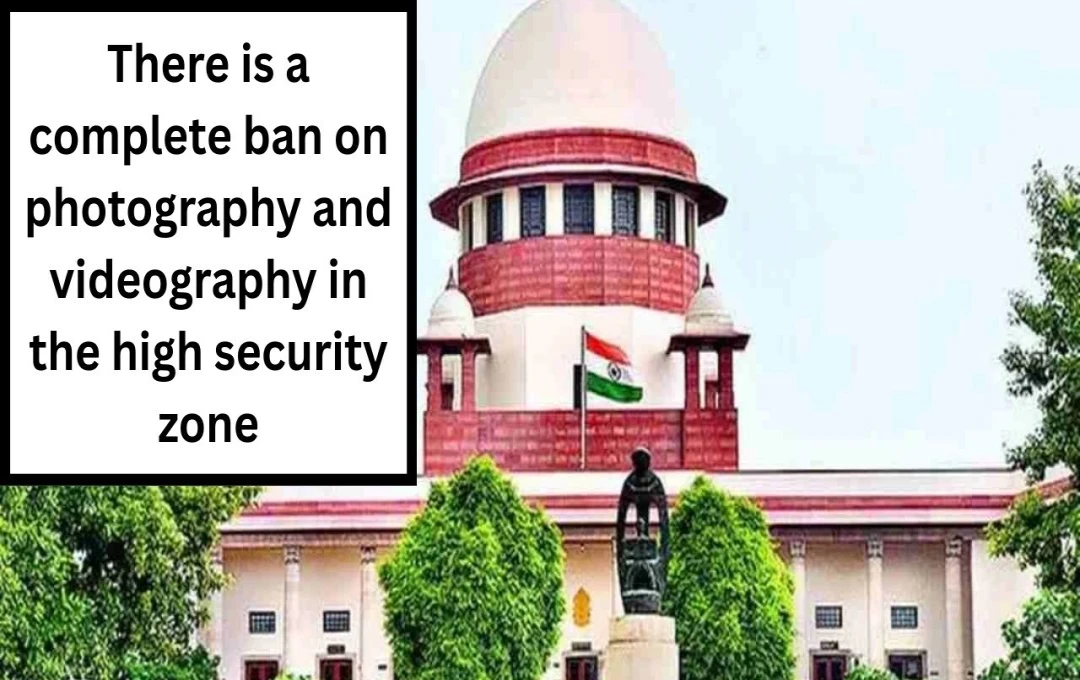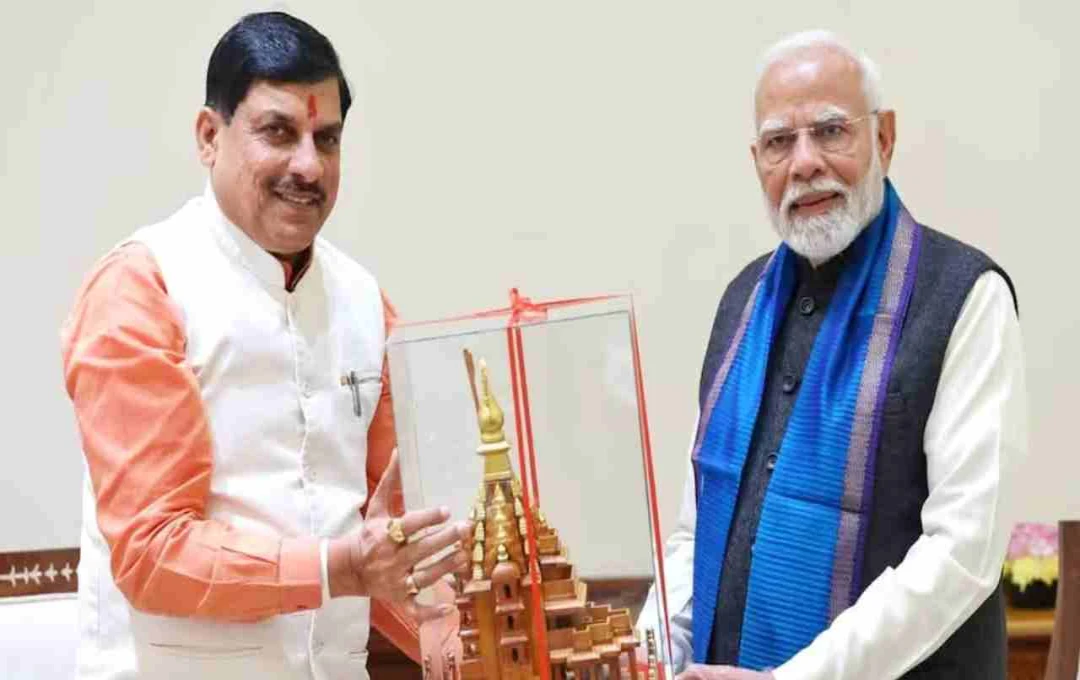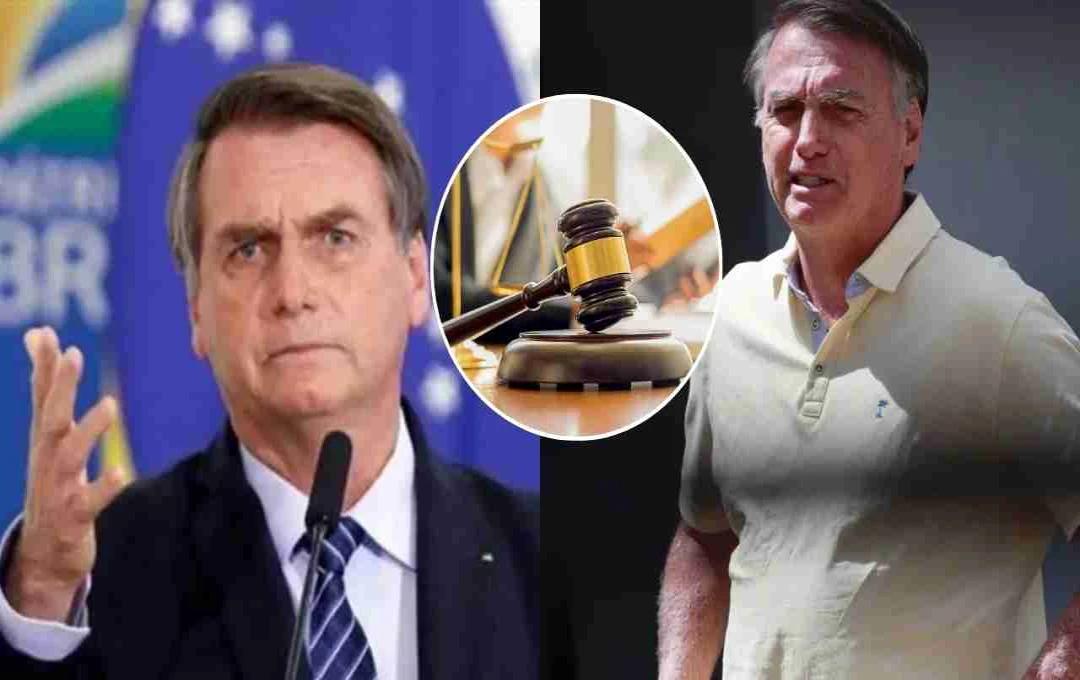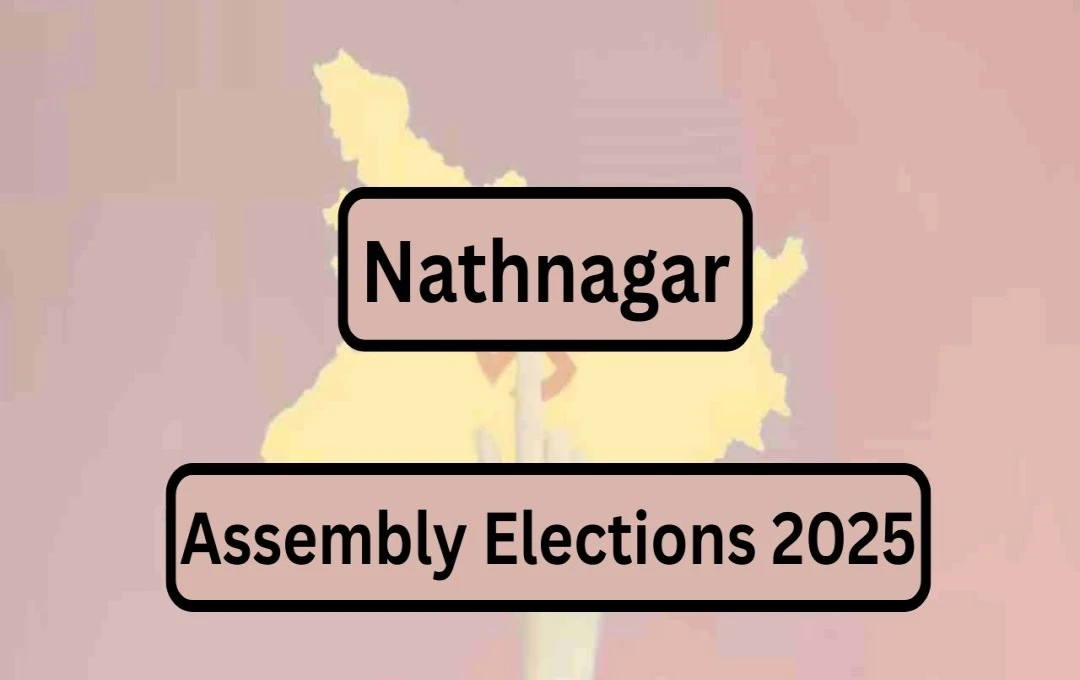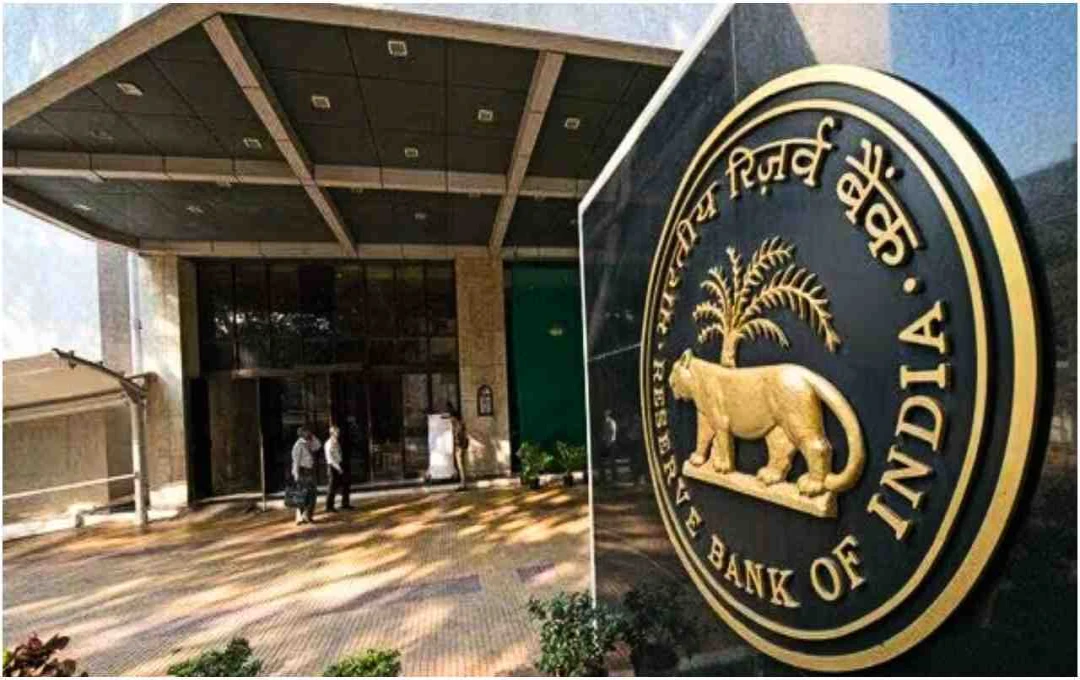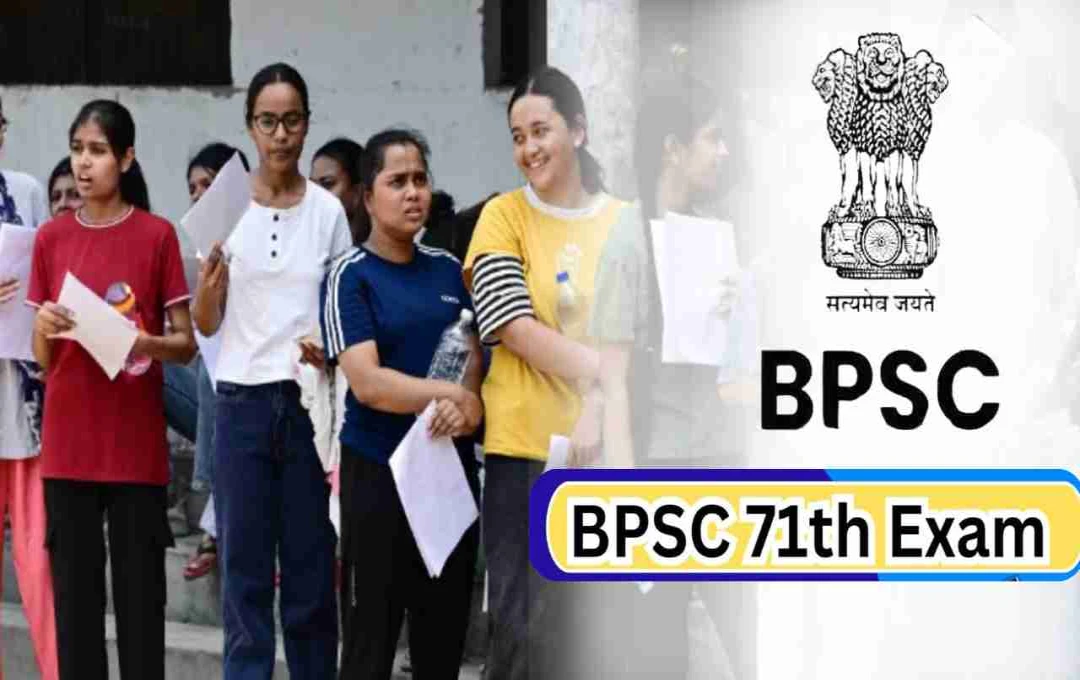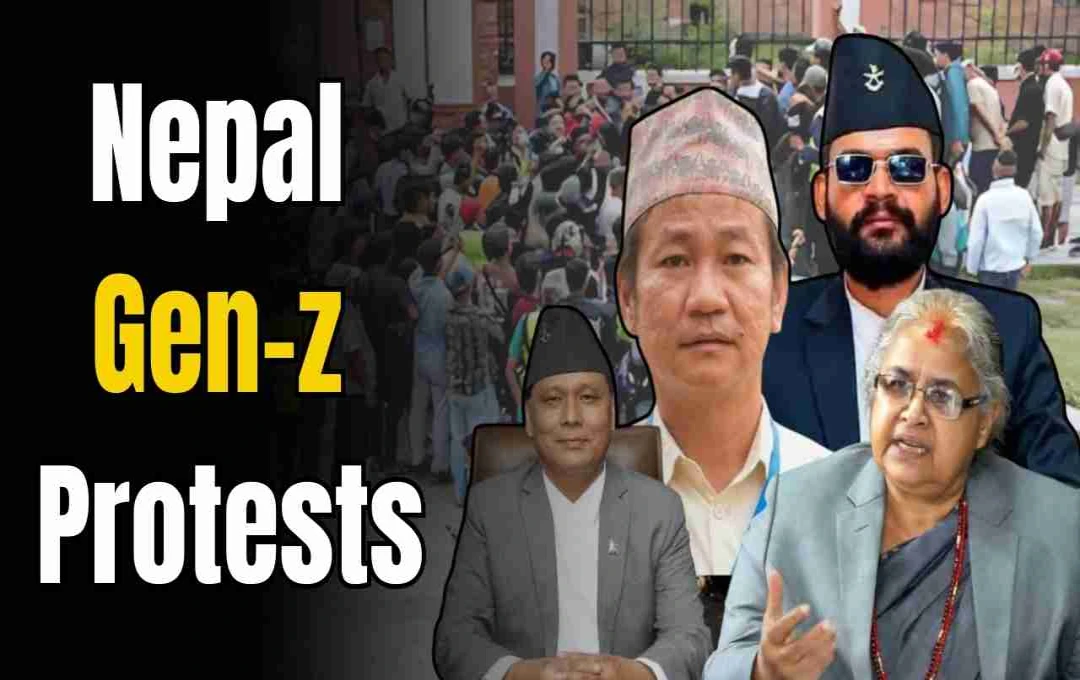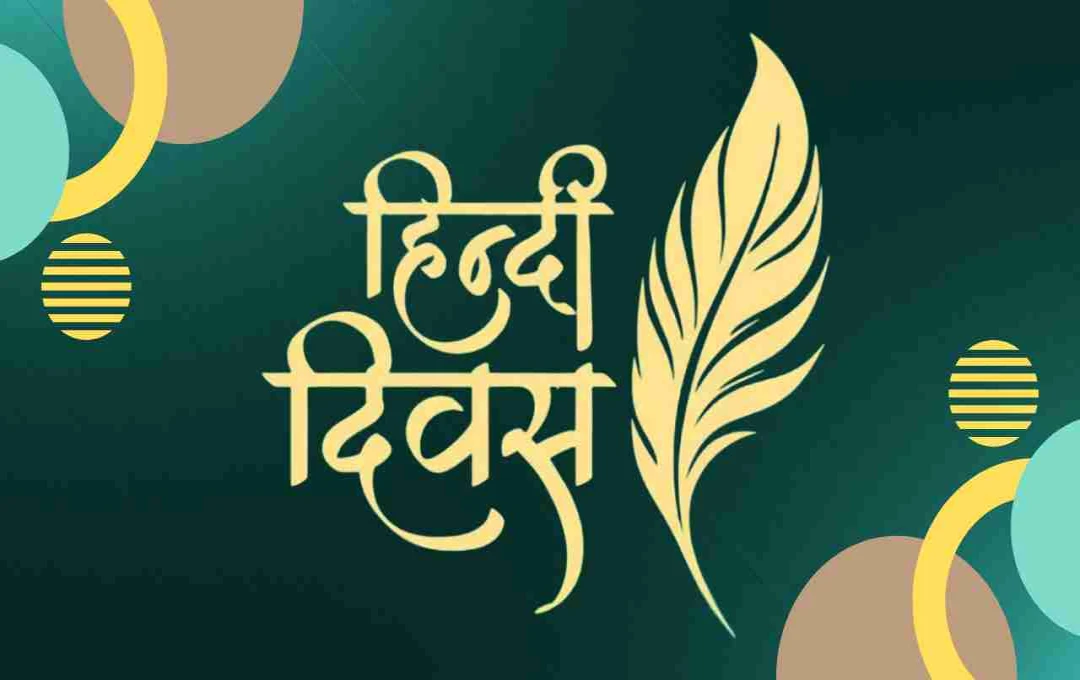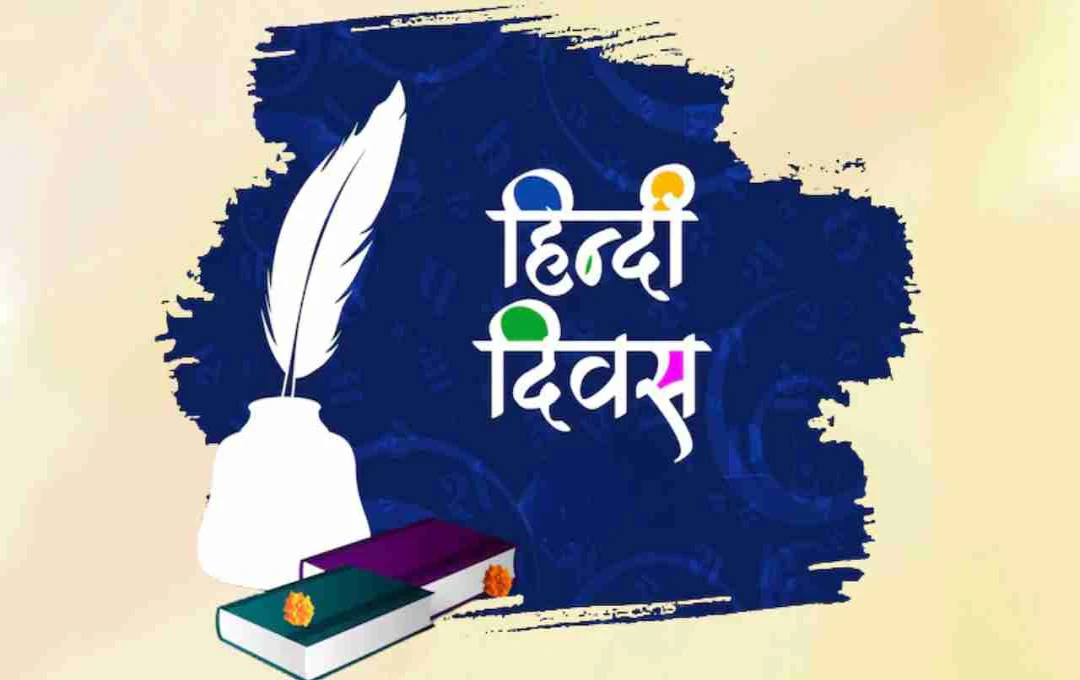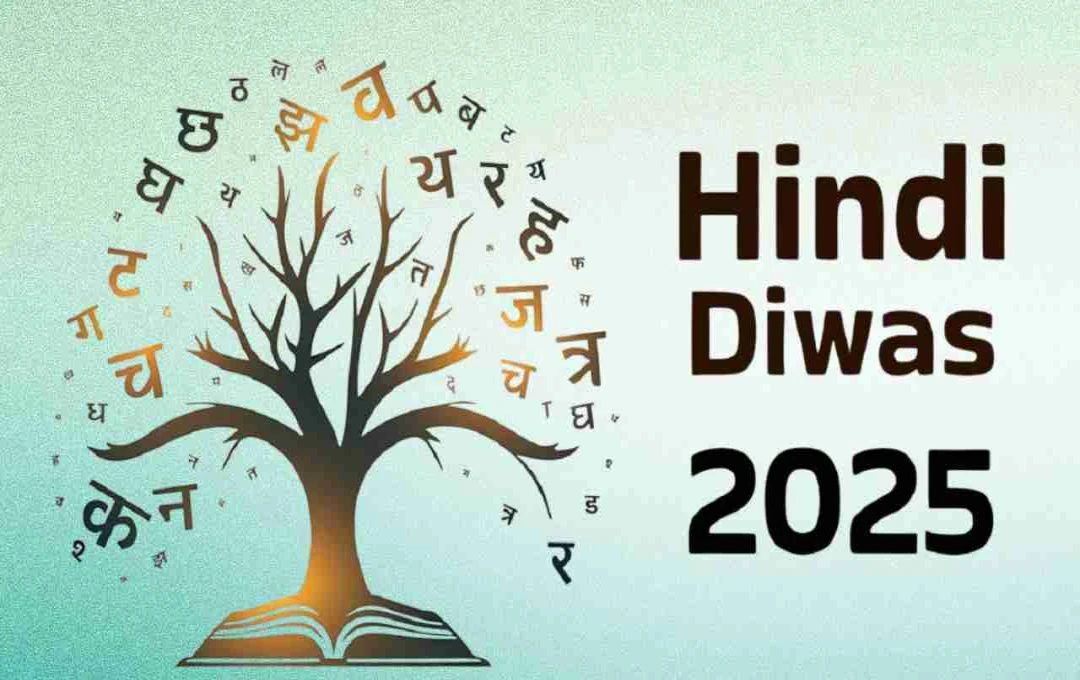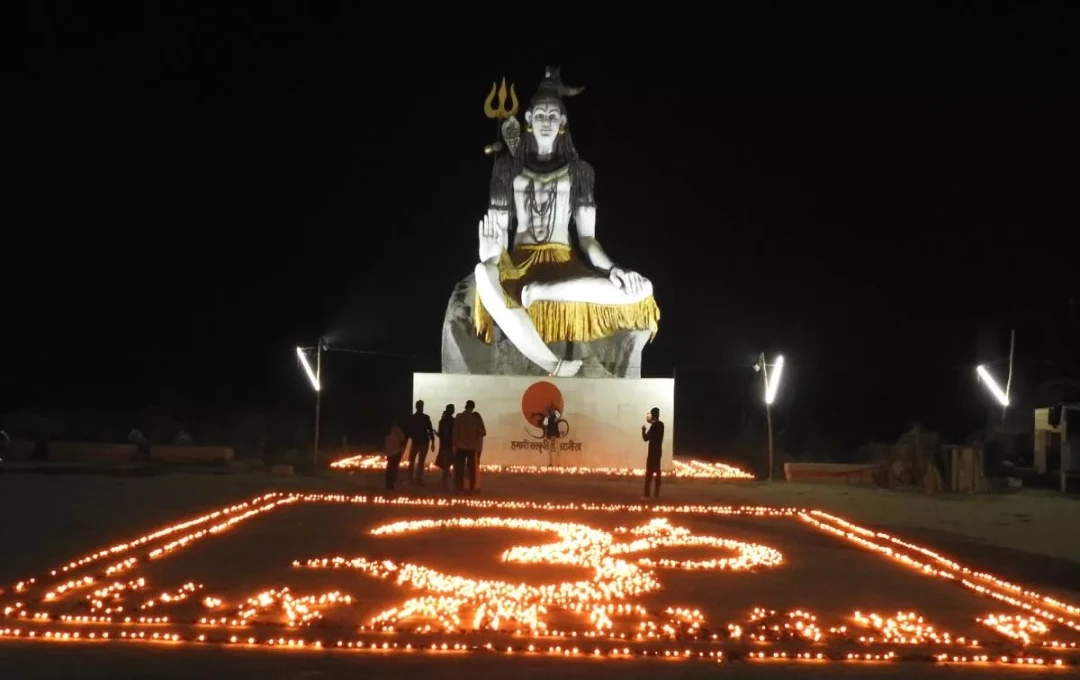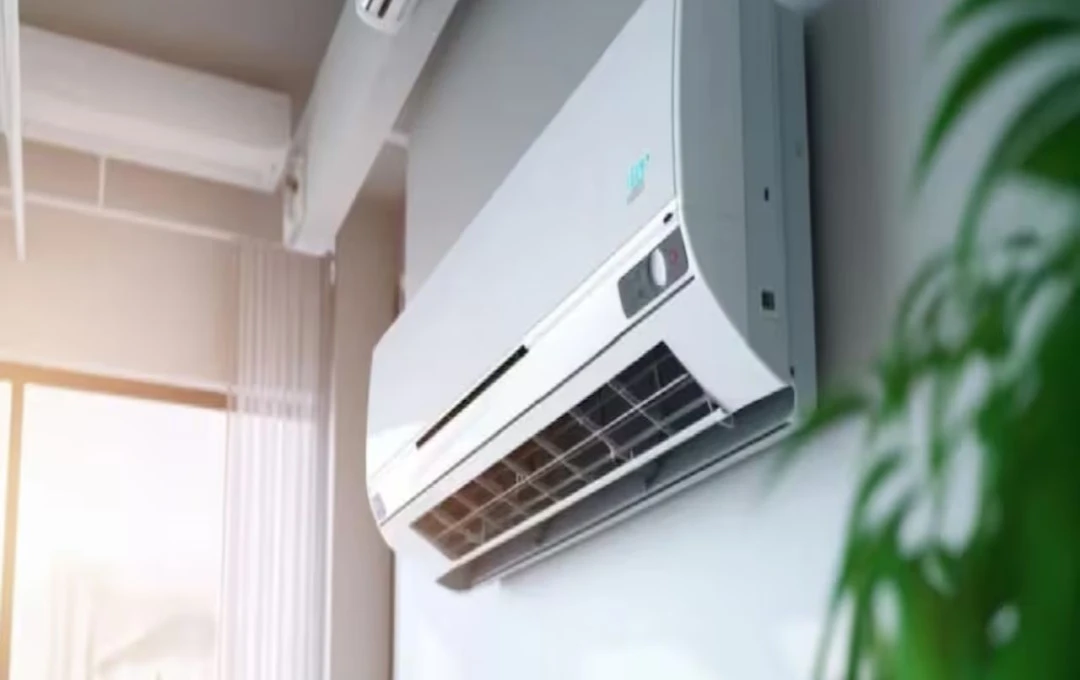The Supreme Court has issued a major order keeping in mind the security of the court premises. Photography and videography are now completely prohibited in the high-security zone of the Supreme Court.
New Delhi: The Supreme Court has issued a new order to further strengthen the security of the court. Photography and videography are now completely prohibited in the high-security zone of the Supreme Court premises. Following this decision, media personnel, lawyers, and other staff will be required to comply with new security regulations within the court premises.
What will not be possible in the High Security Zone?
The Supreme Court administration clarified in a circular issued on September 10 that in the high-security zone:
- Taking photos or videos from mobile phones will be strictly forbidden.
- Carrying items such as cameras, tripods, and selfie-sticks will be prohibited.
- Media personnel will only be permitted to conduct interviews and live broadcasts in the lawns of the low-security zone.
Strict action for violation
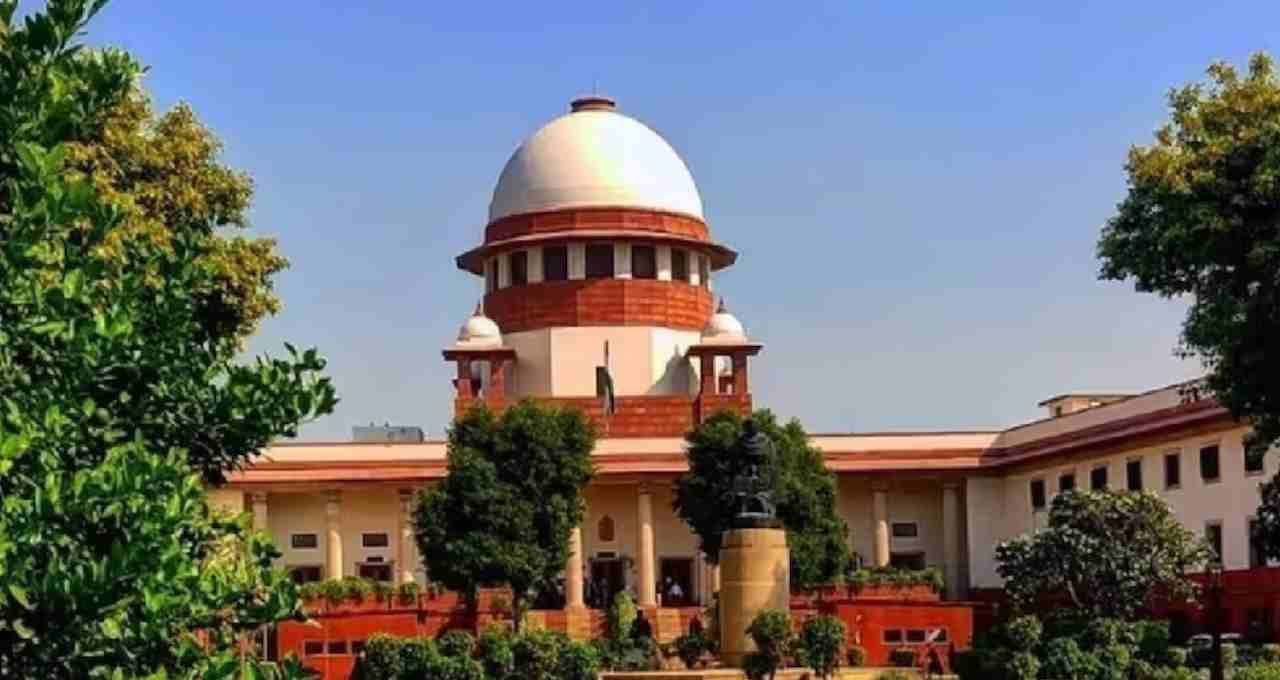
- If any lawyer, party, intern, or law clerk violates the rules, the Bar Association or the State Bar Council will take action against them.
- In case of violation by media personnel, entry into the high-security zone may be restricted for up to one month.
- Supreme Court registry staff and other departmental employees will also be closely monitored, and any violation will result in departmental action.
Objective of the new rules
The Supreme Court states that the new rules have been implemented to ensure the security and confidentiality of the court premises. The purpose of prohibiting photography and videography within the court premises is to prevent any external interference with court proceedings and sensitive matters. Senior officials of the Supreme Court have informed that media personnel will now need to obtain prior permission before entering the high-security zone. Media will only be allowed for live coverage in the low-security zone.
According to Supreme Court sources, the Supreme Court is also keeping a strict vigil on reports related to bomb threat cases in the Delhi High Court and Bombay High Court recently. Chief Justice (CJI) B.R. Gavai has instructed the Supreme Court Secretary General to obtain a complete report on this matter from both High Courts.
